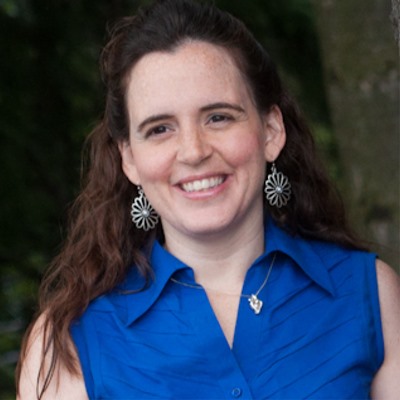As strange as this may sound, I remember deciding to be a physician when I was three years old. I loved trying to help all the little injured animals I found near our family’s house in Keene. Then as I got older, all the kids would come over to my house when they got hurt instead of going home. My career in rural healthcare was already underway!

The more I learned about being a physician the more I knew that I didn’t want to specialize in any area. I wanted to be able to care for babies, parents, and grandparents. So much can get missed when you see someone for one acute problem because you don’t take into account who they are and what their situation is; not to mention what may be going on with the family.
Family medicine, and especially family medicine in a rural healthcare setting, allows you to do that. You know if a patient says they’ve been having a lot of headaches lately that it could be a migraine, but it could also be related to a circumstance that isn’t strictly medical. Maybe the patient’s partner has lost his or her job or another family member is coping with a chronic illness.
Like most rural healthcare practices, we try to make sure patients are seen by the same medical provider during every office visit. Having that kind of continuity makes a patient more comfortable. Patients will often make an appointment to talk about their meds or their sore throat when the real issue may be insomnia, depression or any number of things they wouldn’t bring up if they didn’t know and trust us. Something as simple as remembering their father’s name or that they just got a new puppy can put them at ease and share what we need to know to help them get better.
But even beyond establishing that individual trust, there are many economic, cultural and social challenges unique to providing health care in rural areas of the United States, transportation being one of the foremost. Our new offices (located in the former credit union building on Route 5) are still on the bus line, but patients coming from Dummerston, Grafton, Westminster, Saxtons River or other outlying towns have to plan their entire day around making an appointment if they don’t have access to a vehicle. We can arrange transportation for people covered by Medicaid if we’re given enough advance notice, both to come here or to see a specialist. Some pharmacies in the area offer delivery service to Putney and other towns on certain days. That can save patients in need of routine meds an extended trip.
A lot of rural patients who work as farmers or contractors or in family-owned businesses don’t have health insurance. Unemployment is also higher in less populated regions than in large cities. So some people don’t come in for preventative check-ups or unless they absolutely need to, which can turn minor health issues into more severe problems that require extensive treatment. We try to make people aware of self-pay rates and any potential discounts for routine things like flu shots.
You see a lot of home remedies tried first in rural areas. My training as an osteopath includes awareness of a lot of alternative medicines, and we are open to people using homeopathic remedies provided they don’t create a risk of interacting badly with medicine we might prescribe. Most medicines came from plants or herbs at some point, so we would rather you come in and tell us what you’ve tried even if it’s a unique approach to something.
Last but certainly not least, the shortage of primary care providers in rural America is another problem. Nearly a quarter of the country’s population lives in low population areas similar to southern Vermont, according to the National Rural Health Association, yet only ten percent of all practicing physicians have offices in these locales. One of the reasons Putney Family Healthcare joined the BMH Physician Group network was to have access to the practice management resources for patient registration, scheduling, and billing and let us focus on providing quality patient care. The whole key is to try to make it really easy for people to come in. We’re not a walk-in clinic but we do try to save some appointment slots to see patients on the same day as they call if they feel sick or get injured.
The rewards of being a doctor in a town like Putney still outweigh the challenges, in my opinion. From the very beginning of my time here, I’ve been invited to community suppers and other activities to make me feel welcome. And because we see families as whole units we get to see what a difference we are making in not just the individual but for his or her family. It’s not uncommon at all for a patient to see us around town and tell us they’re feeling better. That’s rewarding in a way that money could never be.
Author Kari Dickey, DO is a board certified family practice physician at Putney Family Healthcare, a department of Brattleboro Memorial Hospital.
